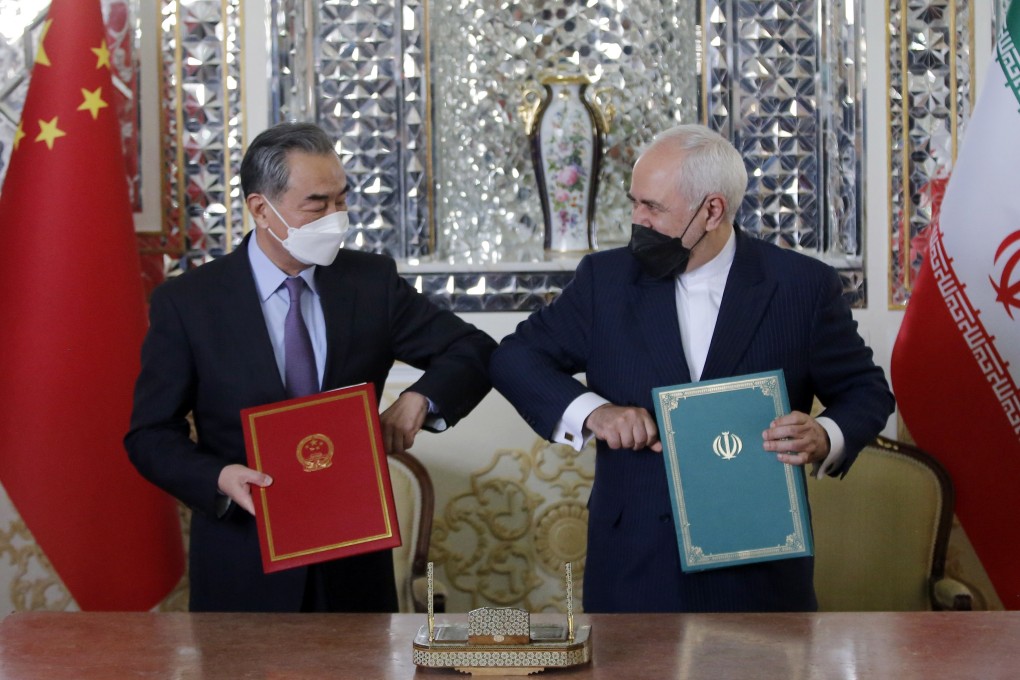Advertisement
Opinion | How China’s Middle East charm offensive succeeded despite affecting little change
- What Foreign Minister Wang Yi’s visit to the region may lack in material achievements, it makes up for in good optics. China is a major player in the region
- In highlighting this, Wang has undermined the Western-driven condemnation of the week before and achieved China’s foreign policy goals
Reading Time:3 minutes
Why you can trust SCMP
20

US-China tensions have continued seamlessly into the Biden administration. Beijing’s desire for a reset was bluntly rebuffed in Alaska, however China is trying to spin that story now. The sanctions dispute over Xinjiang will only further strengthen a transatlantic desire to confront China.
Sensing this, Beijing has launched a diplomatic offensive, first hosting its traditional ally, Russia, followed by a Middle East roadshow by Foreign Minister Wang Yi.
But while the Middle East visit was largely a repeat of what we have heard before and showed the limits of China’s ability to change the region, it did highlight again the world’s desire to not get caught in the middle of a spat between Beijing and Washington – an outlook that strengthens China’s hand.
Advertisement
The one place change was delivered was Iran, a country that is struggling for options at the moment in the grip of Western sanctions. For Tehran, the relationship with Beijing is a window onto the world and an opportunity when it is running out of options.
But the 25-year cooperation agreement the two sides signed is not a cheque for US$400 billion as was widely reported, but rather a list of areas in which China will engage with Iran during the next two decades.
Advertisement
Advertisement
Select Voice
Select Speed
1.00x

